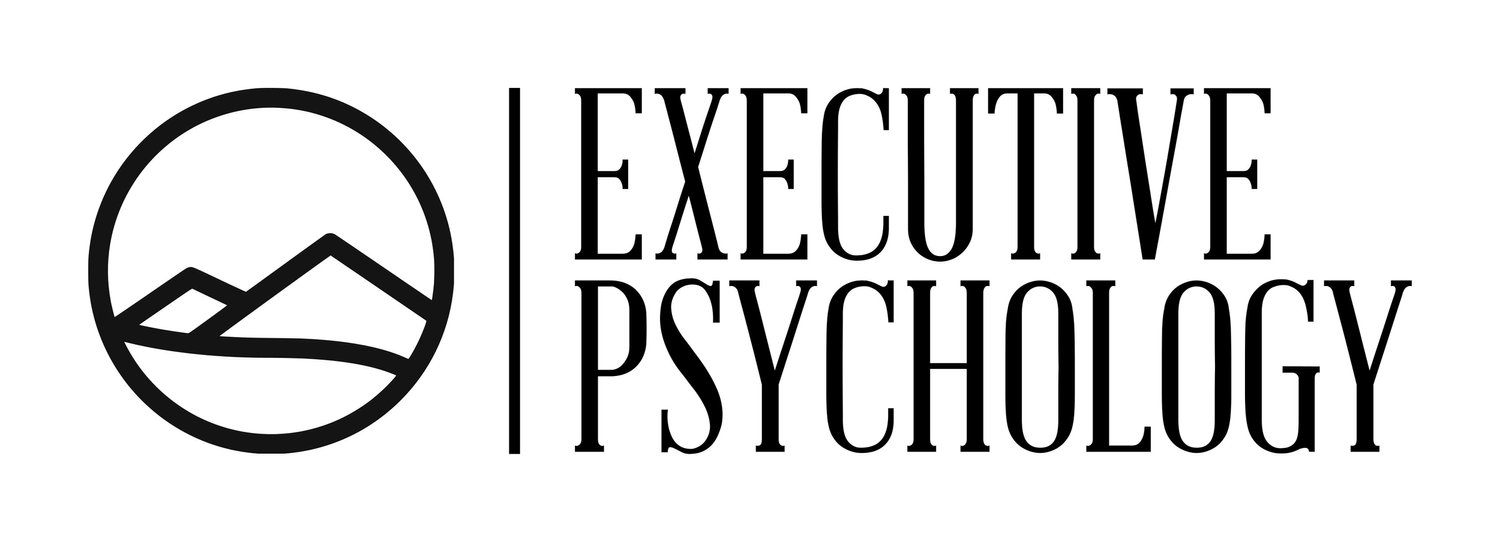Sleep: The most under-rated superstar
A comedian once said, “There are many theories on why humans need sleep, but I am pretty sure it’s to charge our phones…”
Are you the type of person who sleeps to live? Or are you the kind of person who lives to sleep?
Sleep is arguably the most important neurological and physiological process (after breathing of course) – and even more important than what we eat or drink.
The human body can live for 5 days (on average) without any liquids (if you don’t believe me, check out water fasting). And the human body can live for 3 weeks (on average) without any food.
But if you don’t sleep for 3 days (most people) experience full-blown psychosis (a well-known effect in military research), and need to be transported involuntarily to a psychiatric facility.
Most of us intuitively understand the value of sleep, but most of us also underutilise the power of sleep.
A person who sleeps on eight to nine hours a night (on average) compared to someone who sleeps six or less hours a night (on average) can expect a reduction in all-known mortality by 25%. That is, the high-quality sleep group (8-9 hours a night, on average) reduces their chance by 25% of dying from all-known causes (compared to the group that sleeps 6 or less hours a night, on average). That’s huge…
And another little fun fact – most people overestimate the amount of sleep they get each night (by 30 minutes, on average). It’s common for people to not count the time it takes them to fall asleep (10-25 mins, on average). Also, we usually wake up 2-3 times each night (between falling asleep and waking up) and most of the time we are not aware of this (unconsciously awake) as we are transitioning between sleep stages (e.g., deep sleep, light sleep, REM sleep, awake, repeat).
How much sleep are you getting? Actually? The most accurate way is a sleep study (but this is only recommended for people with sleep disorders). The next best thing is a wearable device (e.g. smart watch, smart ring, smart band).
Examples of smart watches/bands include Apple Watch, Fitbit, Garmin, Whoop 3.0
Examples of smart rings include Oura and Circular Ring
Consider getting a smart wearable device (if you don’t own one already) if you are interested in learning more about your health and performance. I am a convert, and find my smart device invaluable for tracking my sleep, vital signs, stress levels, and performance.
Information is power, and our own health is the engine room for wellbeing, happiness, and performance.
If you are interested in super-charging your sleep, learning about ways to optimise your recovery, and thriving – click here:

